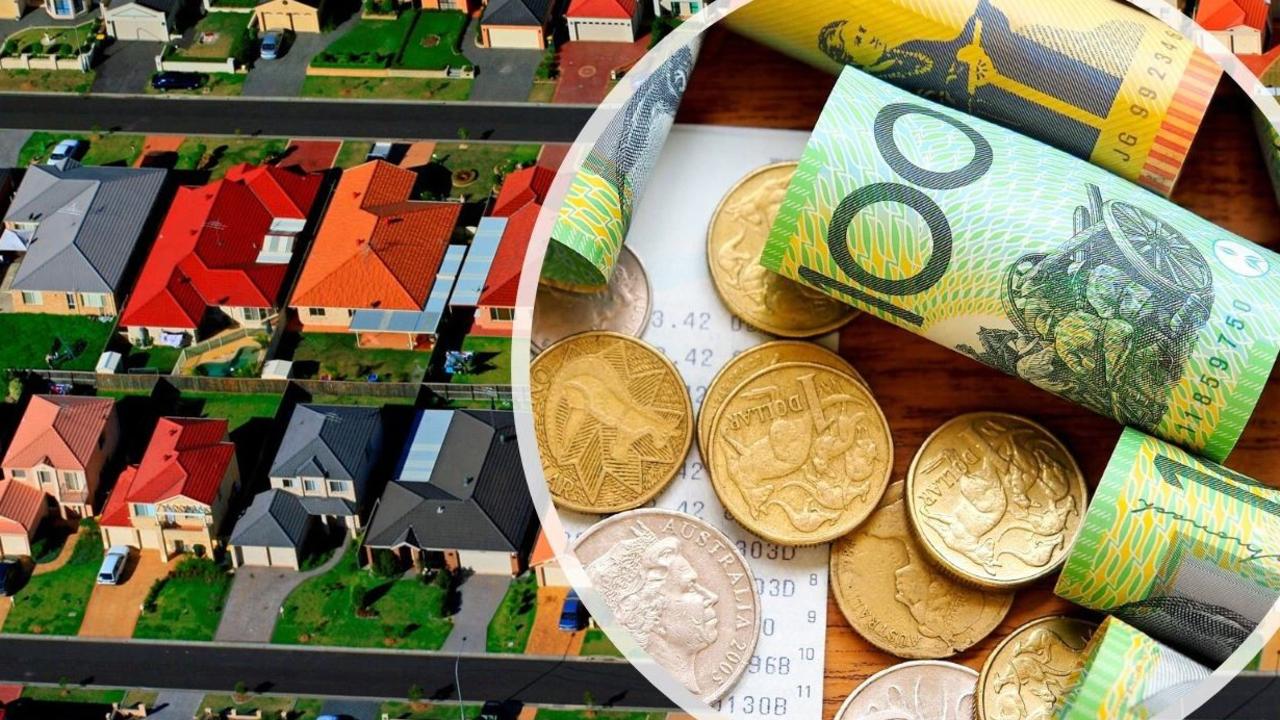Westpac Bank has made a surprising move, choosing to spare some customers from escalating price hike pain.
The big bank has announced it will be decreasing its four-year owner occupied fixed interest rate by one per cent, down to 4.99.
Westpac is the third of the big banks to announce its rate changes following the Reserve Bank of Australia’s decision to increase the official cash rate by 0.50% per annum (pa) on Tuesday.
The big bank has unsurprisingly followed its rivals the Commonwealth Bank and ANZ in increasing its variable home loan interest rates.
The interest rate changes will come into effect for new and existing home loan variable rate products on Thursday, August 18.
Earlier today, ANZ joined CBA in announcing it will be passing on the hike to variable rate mortgages and one savings account by the full 0.50 percentage points.
The major bank said its up-scaled up mortgage rates will come into effect for both new and existing customers from Friday, August 12.
The lowest variable rate will now be increased to 3.69 per cent – just under that of CBA, which pumped up its lowest rate to 3.79 per cent.
Both rates are at three-year highs.
The ANZ decision also included increasing the rate on its new ANZ Plus Save account by 0.50 percentage points to 2.50 per cent for balances up to $250,000, which will come into place on Monday.
The move came just hours after Australia’s biggest bank, the Commonwealth Bank, announced it will pass on the full 0.50 percentage point hike to its variable home loan customers and some savings customers.
CBA will bring its occupier principal and interest standard variable home loans rate to 5.8 per cent.
Uncharacteristically, Australia’s other big banks have been slow off the blocks following the RBA’s decision on Tuesday, with CBA’s competitors Westpac, NAB and ANZ yet to make their announcements.
Mortgage rates for new and existing customers at CBA will rise by 0.50 percentage points on August 12, with investor rates rising to 6.38 per cent.
Research director at RateCity.com.au Sally Tindall said while the CBA’s decision comes as no surprise, for customers who are already feeling the heat, this fourth hike is a “difficult pill to swallow”.
“From next week, CBA’s basic variable rate will hit a three-year high of 3.79 per cent – a huge increase from three months ago when it was just 2.19 per cent,” she said.
For an owner-occupier with $500,000 debt and 25 years remaining, the 0.5 percentage point hike means they will see their monthly repayments rise by $140.
To ease the strain, Commonwealth Bank is cutting its lowest four-year fixed rate to 4.99 per cent – a drop of 1.60 percentage points.
This special rate, which comes into play on Friday, is strictly for owner-occupiers paying principal and interest on a package rate ($395 annual fee) for a limited time.
While Ms Tindall said the “whopping cut” will make it the lowest in its category, she warned it may not necessarily be a good idea.
“People should think carefully about whether they want to lock up their mortgage for the next four years because there can be significant consequences if they decide to break their loan,” she said.
For those with a NetBank Saver account, who will see the full rate hike, the research director said an ongoing rate of just 0.85 still won’t cut it.
“In this market, where we could see ongoing rates over 3 per cent, these savers are still getting paid peanuts,” she said.
But Ms Tindall said there are signs things could be turning around.
“On Tuesday, Macquarie announced it was making significant cuts to its fixed rates and now CBA is following suit,” she said.
“We expect this will trigger further fixed rate cuts from other lenders in response to both evolving market expectations and competition among the banks.”
.

